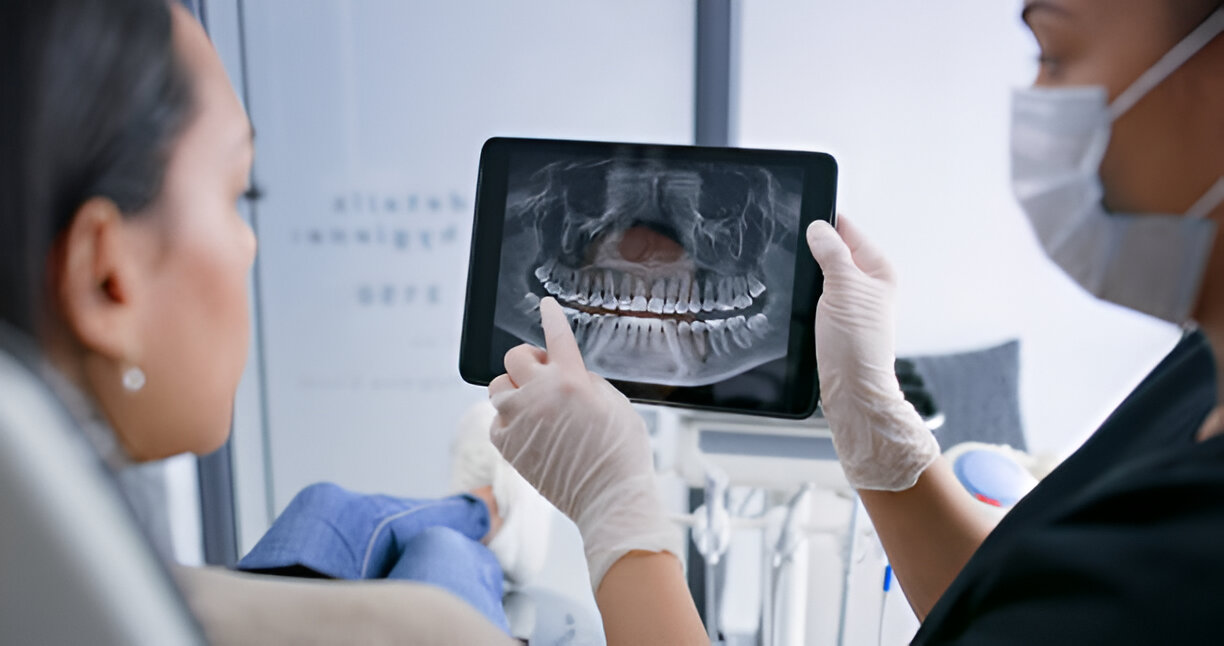Dental fillings are among the most commonly performed dental procedures. In fact, they are so common that according to the CDC, by the age of 65, people in the United States may have up to 7.5 teeth filled on average. They are done to protect the teeth from decay produced by cavities, small holes in the tooth structure, and also to fix teeth damaged by grinding (bruxism) or which have broken. The procedure itself is quite simple and so is the aftercare. However, they may fall out in time if not cared for properly. At Gulfton Smiles, our team is helping patients make their dental fillings last longer with the following list of tips.

Dental Fillings: The Do’s and Don’ts of Aftercare
How to Make Your Dental Fillings Last Longer
#1 Mind the (Filled) Gap
During the cavity filling process, a high-speed dental handpiece (a drill) with diamond burs is used to remove the decayed portion of your tooth. Because of that, the remaining part of the structure becomes more sensitive to touch and pressure. We suggest being gentle with your teeth after the dental filling procedure by avoiding touching the tooth for a day or so so that it can heal properly.
🦷 Learn More: Top 10 Reasons to Address Your Cavities Now
#2 Watch What You Eat
Eating immediately after the procedure can be a bit tricky, as your tooth will feel sore. Most importantly, though, is that you should avoid going for hard or sticky foods, which can increase discomfort.
Foods to avoid after dental fillings:
- Candies
- Caramels
- Tough meats
- Hard nuts
- Apples
- Pears
Food recommended after a dental filling:
- Eggs
- Pudding
- Yogurt
- Smoothies
- Soups (not too hot, though!)
- Jello-O
The temperature of the food can also impact the bonding agent if the filling expands and contracts with the drastic temperature changes; that is why we recommend going for room temperature food.
#3 Maintain Good Oral Hygiene Habits
Dental fillings do not require any special care other than the regular brushing and flossing. We suggest patients brush their teeth twice a day. Brushing before going to bed is particularly important because bacteria damage the teeth more when saliva is not being produced, which is when we sleep. We also recommend flossing every day, either before or after brushing at least once a day. Do remember to be gentle when you do it, if you floss too hard, you may damage the tissue between your teeth.
If you have a history of cavities, you should consider adding mouthwash with fluoride to your routine.
#4 Taking Anti-Inflammatories
In some cases, patients experience pain or discomfort after the procedure. This is completely normal. However, to ease the discomfort, patients can take OTC medication such as ibuprofen. They will usually not have to take it for more than 48 hours. Taking anti-inflammatory medication will reduce the swelling and help numb the pain.
The Importance of Regular Checkups
Dental fillings can last for a long time when taken care of properly. Visiting your dentist regularly (ideally at least once a year), allows you to check whether the fillings are in good condition and catch any potential new damage in time.
Dental Fillings in Houston, Texas
At Gulfton Smiles, we encourage our patients to schedule routine cleanings and exams every six months to stay ahead of potential problems and maintain a healthy smile. Regular visits also give you the chance to ask questions, address concerns, and receive professional guidance on how to care for your teeth and fillings long-term.
If you are ready to enjoy a happier and healthier smile, schedule a consultation with our dentistry professionals at Gulfton Smiles in Houston, Texas. You can call (713) 541-3013 or use our online booking tool.
